Rachel Pulman
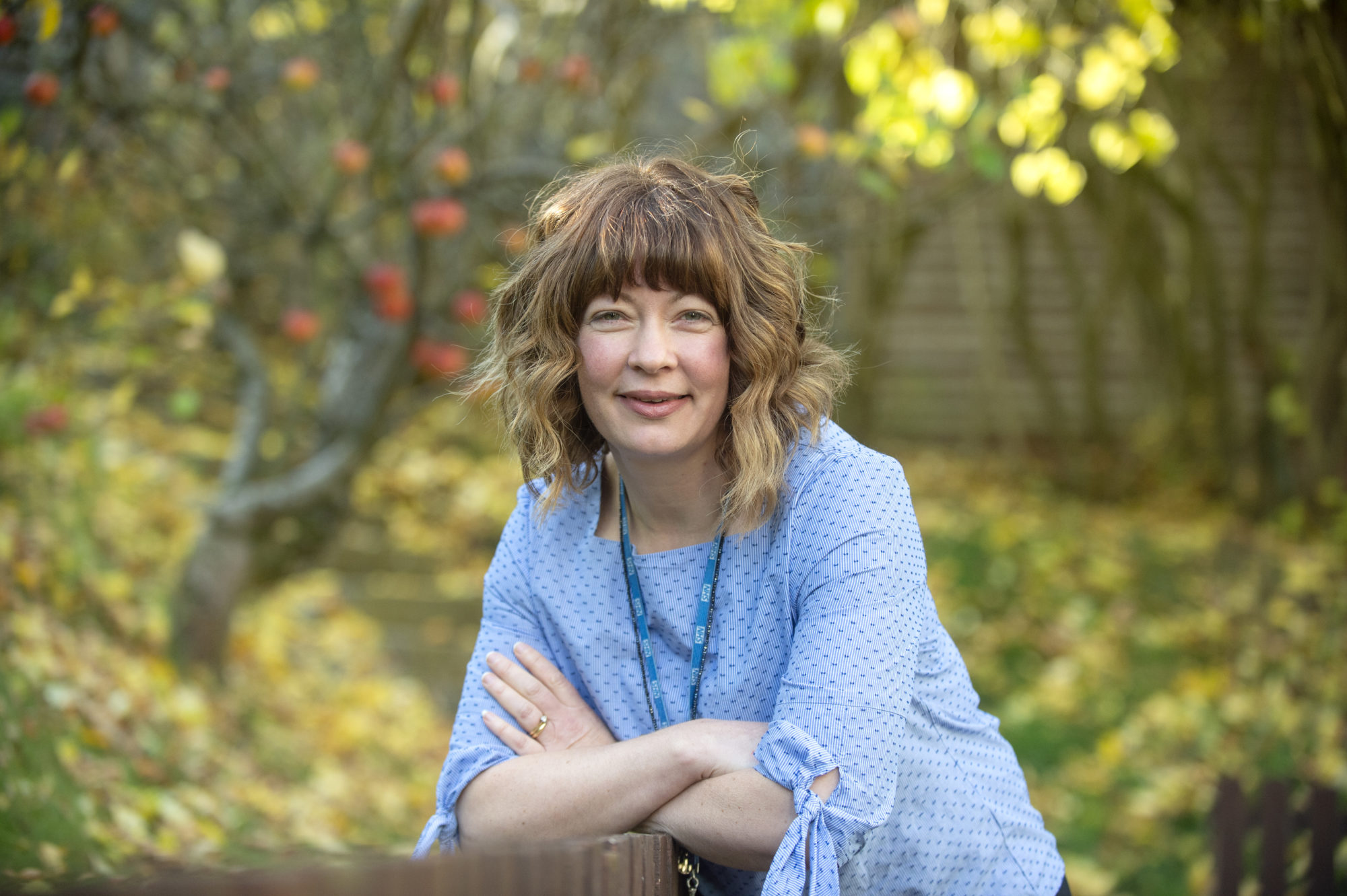 Rachel Pulman is a Child Protection and Looked After Children’s Nurse for NHS Borders who is known for her extensive knowledge and expertise in supporting the health needs of vulnerable children and young people.
Rachel Pulman is a Child Protection and Looked After Children’s Nurse for NHS Borders who is known for her extensive knowledge and expertise in supporting the health needs of vulnerable children and young people.
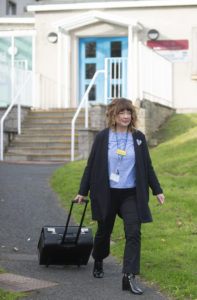
I have always wanted to be a nurse. My grandmother and my aunties were nurses and I never wavered from my ambition. I spent a year working on a medical ward as an auxiliary nurse and that just reinforced what I wanted to do. I did my training at Lakeland College of Nursing and Midwifery in Carlisle. My first job was in an acute medical ward and then I moved into intensive care nursing. I moved back to the Scottish Borders when I became a mother. I stayed in acute nursing but was beginning to look for something to suit my family life.
I continued with different studies throughout this time, and in 2006 I moved into the community and started a job in school nursing. It was a massive change and took a lot of adjusting but I was quick to learn and I spent five years in this role, completing a specialist community public health nurse qualification during this time too. Then the opportunity came up for the position of Looked After Children’s (LAC) /child protection nurse which I have been doing since 2010. I then completed my post grad diploma in Child Protection Practice.
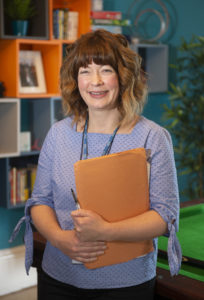
As it is such a diverse role, no two days will be the same. A lot of the daily job is about advice, analysis of information, consultation, signposting, knocking on doors, being persistent, and supporting other staff members.
The policy aspect of my role revolves around developing and implementing the LAC pathway, which aims to ensure looked after children get the right support at the right time from the right person. It’s also about the assessment of risk and looking at ways of reducing risk to improve outcomes for children .
Some days will see me working alongside young people to help them address some of their health needs – this could be taking them to a medical appointment, or completing a health assessment, or it might be coaching them around positive choices for their wellbeing. I look at health not just as the absence of ill health, it’s looking at the bigger impact of the person’s life more broadly and in a more holistic way, so taking in emotional and social impacts.
Since coming into post, my key aim has been to raise the profile of the needs of vulnerable children within NHS services and with partners to enhance care. Improving outcomes for children and young people and their families for the young person to achieve their potential is my focus.
I believe strongly in speaking up for those who could easily be forgotten. I have learned a huge amount from being alongside looked after children and I use this to help challenge assumptions that people hold and encourage more creative thinking about how we enable them to flourish.
I have worked hard to develop positive relationships with GPs, school nurses, health visitors, paediatricians, social workers, foster carers and third sector, to raise awareness about the health needs of looked after children and to enable others to understand their roles and responsibilities.
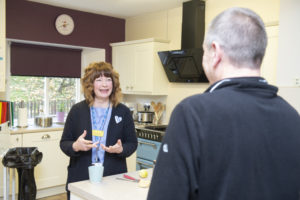
Working in this role, I can be someone who is important in a child’s life because I’ve been able to make a difference – and that is a real privilege. The Queen’s Nurse programme is based on person-centred culture and this is what I seek to bring to the children and young people I work with –looking at the heart of that young person and helping them to encounter themselves positively.
To achieve this, I have to be reliable and trustworthy, keeping a curious mind and be tenacious. I have high standards for myself and believe that this should be encouraged in others through developing respect, trust, honesty and reliability in relationships.
It is easy to make judgements about people’s lives and choices when we do not take time to understand their circumstances. For example, a young person involved in offending and substance misuse could be labelled as a ‘difficult young person’ excluded from society but when you understand their experience of missing out on safe, loving and nurturing care as a child, poor school attendance and not being brought to health appointments it helps to see the person behind the problem.
The vision for our LAC health service is that the health outcomes of children and young people who are Looked After will be as good as those of their peers. Through identifying unmet health needs, children and young people and their carers will benefit from targeted interventions that aim to improve health outcomes.
As part of my Queen’s Nurse issue for development, I want to increase our capacity to carry out health assessments with looked after children. With the new school nurse pathway coming in, there’s a much bigger emphasis on LAC. So, part of my project is about increasing knowledge and awareness among school nurses about the value of holistic health assessments and identifying unmet health needs.
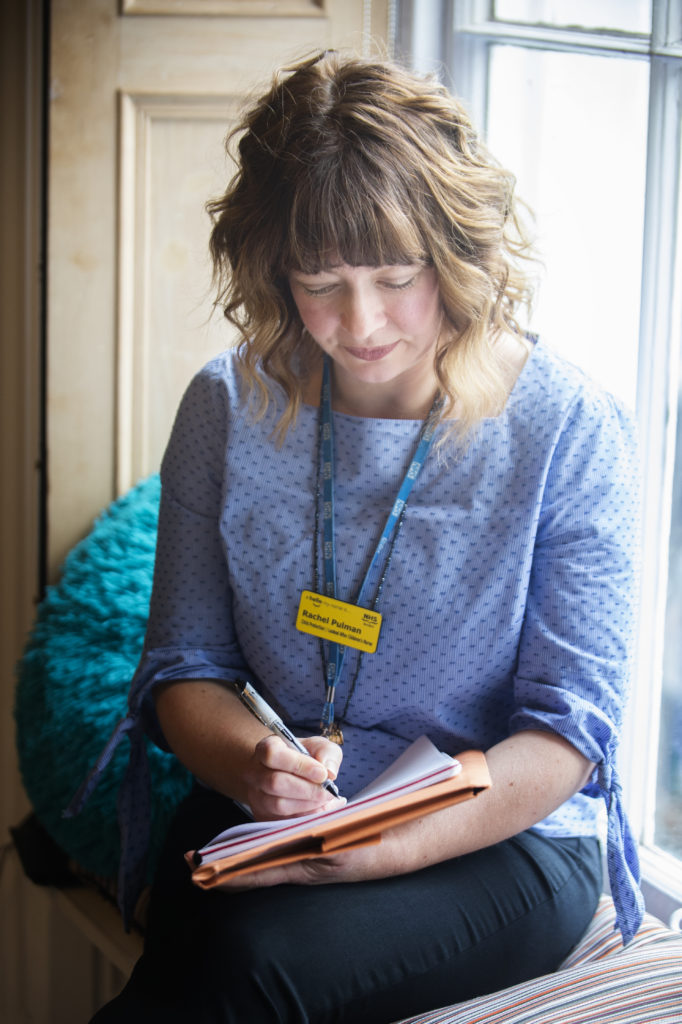
A health assessment typically involves a review of child’s medical records, looking at their health chronology, what adversities are in their life, what makes them resilient and what vulnerabilities are there. We assess physical health and emotional health. This will also involve a broader assessment around living well for older children – opening up conversations around sexual health, drugs and alcohol or managing anxiety. These conversations can happen in an informal setting such as playing a game of pool or going for a coffee and what arises from them is wide ranging, but the most important part is that the young person feels listened to. It’s important that what really matters to each child is heard.
Our aim is to further embed the support for our school aged looked-after children into our universal school nursing service. We are doing this by making it a priority area of implementation of the new national school nursing pathway. We want to ensure that school nurses are confident and capable, and we need to implement a process for health needs assessments offered on a yearly basis with evidence of planned interventions to address any identified unmet needs.
My Queen’s Nurse issue for development will be ever changing as we go along but the main aim is improving health outcomes for looked after children for them to achieve their potential.